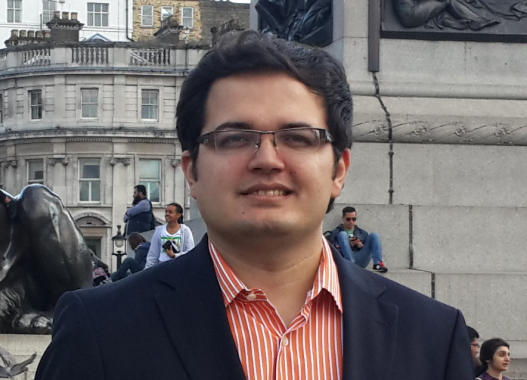
Dr. Ihsan Ayyub Qazi, Assistant Professor of Computer Science at LUMS, recently gave a research talk in the privacy seminar (http://privacy.cs.cmu.edu/seminar/) at the Carnegie Mellon University (CMU) in Pittsburgh, USA.
He spoke about his recent research on Internet advertising and measurements under Internet censorship. In particular, he talked about two projects that his research group recently pursued.
Related to online advertisements, he presented C-Adverts, a system that his research group designed for serving relevant ads, while allowing users to receive the benefits of anonymity tools (e.g., Tor and Lantern). Advertising systems play a key role in online digital marketing by channelising relevant ads from advertisers to users, via the publishers. When clients, using anonymity tools (e.g., Tor), attempt to access content through a proxy relay, they often observe a decrease in the relevance of ads. This not only frustrates users but also adversely impacts the advertising campaign. C-Adverts addresses this challenge by leveraging the insight that the ads served by advertising systems are usually hosted on domains that are different from the publisher domains and are almost always uncensored.
Related to censorship measurements, he presented his group’s work on C-Saw, an incentive-compatible platform for collecting large-scale censorship measurements. The design of C-Saw addresses a fundamental challenge: “How to collect continuous and reliable censorship measurements around the globe?” Measurement systems that rely on volunteers to act as probe points have seen limited deployment as users often have little incentive to help gather continuous measurements. C-Saw addresses this long-standing problem. The C-Saw work appeared in ACM HotNets 2015, one of the most prestigious research venues in the area of networked systems.
During his visit, Dr. Ihsan met several faculty members including Prof. Mor Harchol-Balter, Prof. Peter Steenkiste, Prof. Vyas Sekar, Prof. Nicolas Christin, and Prof. Mathew Fredrikson and explored avenues for future collaborations. He also met several LUMS alumni during his visit.






